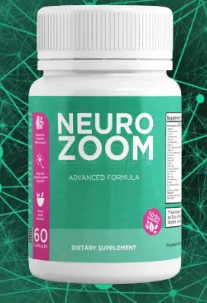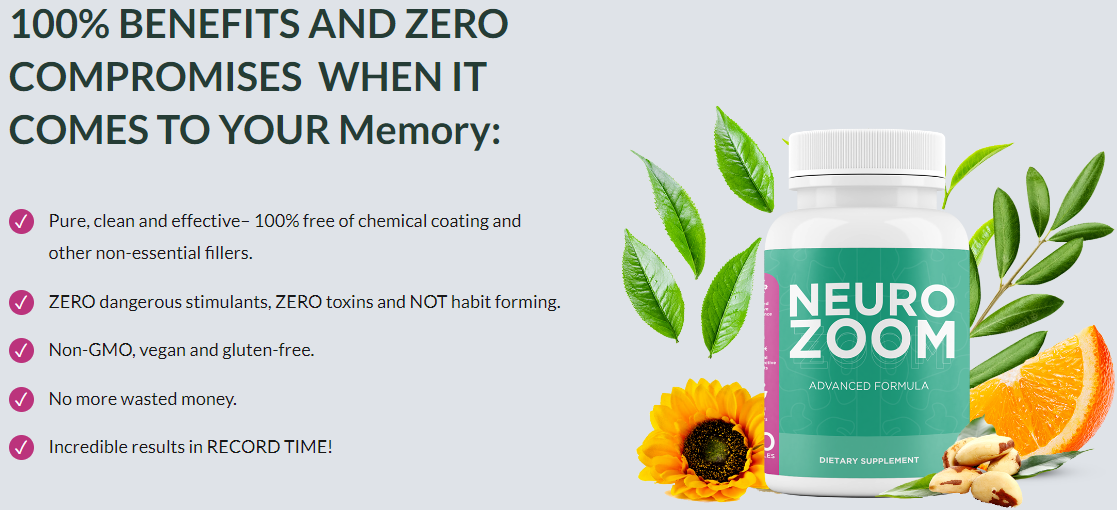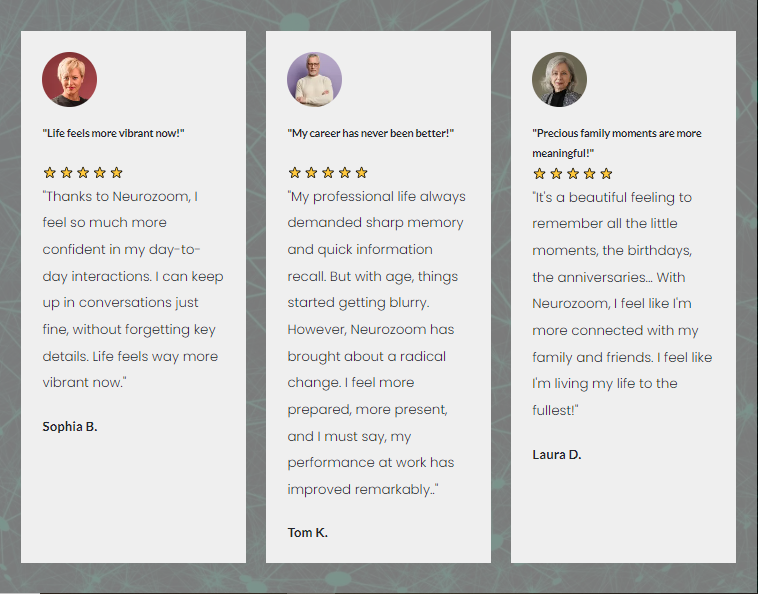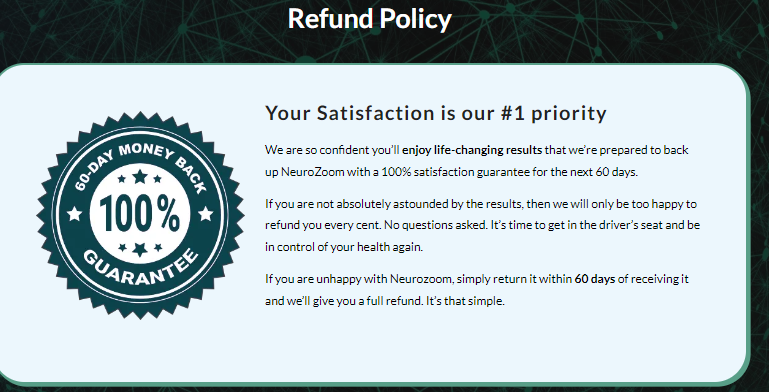Tips for Maintaining a Healthy Brain: Your Guide to Cognitive Well-being
In today's fast-paced world, maintaining a healthy brain is more important than ever. With increasing stress levels, poor diet, and sedentary lifestyles, it's crucial to adopt habits that support cognitive function. In this comprehensive guide, we will explore essential tips for keeping your brain in top shape, utilizing effective strategies backed by research. Whether you're aiming to boost memory, enhance focus, or prevent cognitive decline, these tips will provide you with practical solutions for a healthier, more vibrant brain.
1. Prioritize a Balanced Diet
A nutritious diet plays a vital role in brain health. Consuming a variety of nutrient-rich foods can significantly impact cognitive function. Incorporate the following key nutrients into your diet:
- Omega-3 Fatty Acids: Found in fatty fish like salmon and sardines, omega-3s are crucial for maintaining brain cell structure and function. They also have anti-inflammatory properties that may reduce the risk of neurodegenerative diseases.
- Antioxidants: Fruits and vegetables rich in antioxidants, such as blueberries, spinach, and kale, help combat oxidative stress and inflammation, which are linked to cognitive decline.
- Vitamins and Minerals: Essential vitamins like B vitamins (B6, B12, and folate) and minerals such as magnesium and zinc play significant roles in brain health. They support neurotransmitter function and cognitive processes.
2. Stay Physically Active
Regular physical exercise is one of the most effective ways to maintain cognitive function. Exercise promotes blood flow to the brain, enhances neurogenesis (the creation of new brain cells), and improves memory and learning capabilities. Aim for at least 150 minutes of moderate aerobic activity, such as brisk walking, swimming, or cycling, each week. Additionally, incorporating strength training exercises can further support brain health.
3. Engage in Mental Stimulation
Keeping your brain active is essential for cognitive maintenance. Engage in activities that challenge your mind and promote mental agility:
- Puzzles and Brain Games: Solve crosswords, Sudoku, or other brain-teasers to stimulate cognitive function and improve problem-solving skills.
- Learning New Skills: Take up a new hobby or learn a new language. Acquiring new skills and knowledge keeps your brain engaged and adaptable.
- Reading and Writing: Regularly reading books, articles, and engaging in writing exercises can enhance your comprehension, vocabulary, and overall cognitive function.
4. Prioritize Quality Sleep
Sleep is a critical component of brain health. During sleep, the brain undergoes essential restorative processes that consolidate memories and remove toxins. Aim for 7-9 hours of quality sleep each night. To improve your sleep quality:
- Maintain a Consistent Sleep Schedule: Go to bed and wake up at the same time each day, even on weekends.
- Create a Relaxing Bedtime Routine: Establish a calming pre-sleep routine, such as reading a book or practicing relaxation techniques, to signal to your body that it's time to wind down.
- Optimize Sleep Environment: Ensure your bedroom is cool, dark, and quiet to create an ideal sleep environment.
5. Manage Stress Effectively
Chronic stress can have detrimental effects on brain health, including impairing memory and increasing the risk of mental health issues. Implement effective stress management strategies:
- Mindfulness and Meditation: Practice mindfulness and meditation techniques to reduce stress and enhance emotional regulation.
- Deep Breathing Exercises: Incorporate deep breathing exercises into your daily routine to promote relaxation and reduce anxiety.
- Seek Social Support: Maintain strong social connections and seek support from friends, family, or a mental health professional when needed.
6. Stay Socially Active
Maintaining an active social life is beneficial for cognitive health. Social interactions stimulate brain function and provide emotional support. Engage in activities that involve social interaction, such as:
- Participating in Group Activities: Join clubs, attend social events, or volunteer in your community to stay connected with others.
- Maintaining Friendships: Regularly connect with friends and family members to nurture relationships and provide emotional support.
- Engaging in Conversations: Engage in meaningful conversations and discussions to keep your brain active and socially engaged.
7. Limit Alcohol and Avoid Smoking
Excessive alcohol consumption and smoking can negatively impact brain health. To support cognitive function:
- Moderate Alcohol Intake: If you choose to drink, do so in moderation. The recommended limit is up to one drink per day for women and up to two drinks per day for men.
- Avoid Smoking: Smoking has been linked to an increased risk of cognitive decline and neurodegenerative diseases. Seek support to quit smoking and adopt healthier lifestyle choices.
8. Stay Hydrated
Proper hydration is essential for optimal brain function. Dehydration can impair cognitive performance and concentration. Aim to drink sufficient water throughout the day:
- Follow Hydration Guidelines: The general recommendation is to drink at least 8 cups (64 ounces) of water per day. However, individual needs may vary based on factors such as age, activity level, and climate.
- Monitor Hydration Status: Pay attention to signs of dehydration, such as dark urine, dry mouth, or fatigue, and adjust your water intake accordingly.
9. Practice Cognitive Behavioral Techniques
Cognitive behavioral techniques can help improve mental resilience and cognitive function. Incorporate the following practices into your routine:
- Set Goals and Prioritize Tasks: Use goal-setting techniques to stay organized and focused. Break tasks into manageable steps and prioritize activities to reduce cognitive overload.
- Challenge Negative Thoughts: Practice cognitive restructuring to challenge and reframe negative thoughts, enhancing mental well-being and cognitive function.
- Develop Problem-Solving Skills: Enhance your problem-solving abilities by tackling complex tasks and seeking creative solutions.
10. Regular Health Check-ups
Regular health check-ups are essential for monitoring overall health and identifying potential issues that may impact brain function. Schedule routine visits with your healthcare provider to:
- Monitor Blood Pressure and Cholesterol Levels: High blood pressure and elevated cholesterol levels can increase the risk of cognitive decline. Regular monitoring can help manage these risk factors.
- Screen for Underlying Health Conditions: Conditions such as diabetes, thyroid disorders, and sleep apnea can affect cognitive health. Early detection and management are crucial for maintaining brain function.
- Discuss Cognitive Concerns: If you experience changes in memory, concentration, or other cognitive functions, discuss these concerns with your healthcare provider for appropriate evaluation and guidance.
Fast Brain Booster
Maintaining a healthy brain is crucial in our fast-paced world. If you're looking to boost cognitive function and potentially improve your IQ, fast brain boosters can be a valuable tool. Here’s a brief guide on how to enhance brain health quickly and effectively.
What Are Fast Brain Boosters?
Fast brain boosters, or nootropics, are supplements designed to enhance cognitive performance, memory, and mental clarity. They work by supporting brain cell communication and overall brain health. Key benefits include improved focus, memory, and mental energy.
How to Choose the Right Brain Booster
- Research Ingredients: Opt for products with well-researched, effective ingredients.
- Choose Reputable Brands: Look for trusted brands with positive reviews.
- Consult Healthcare Professionals: Always consult a doctor before starting any new supplement.
Enhance Results with Healthy Habits
- Balanced Diet: Complement brain boosters with a diet rich in antioxidants and healthy fats.
- Regular Exercise: Boost brain function and reduce stress.
- Quality Sleep: Ensure adequate rest to maximize the benefits of brain boosters.
- Stress Management: Practice mindfulness and stress-reducing techniques.
Conclusion
Maintaining a healthy brain requires a holistic approach that encompasses physical, mental, and emotional well-being. By prioritizing a balanced diet, staying physically and mentally active, managing stress, and adopting healthy lifestyle choices, you can support optimal cognitive function and reduce the risk of cognitive decline. Remember, small changes in your daily routine can have a significant impact on your brain health over time. Embrace these tips and commit to nurturing your cognitive well-being for a healthier, more vibrant life.
Brain health, cognitive function, omega-3 fatty acids, antioxidants, physical exercise, mental stimulation, quality sleep, stress management, social activity, hydration, cognitive behavioral techniques, health check-ups, memory improvement, cognitive decline prevention.
























.jpg)